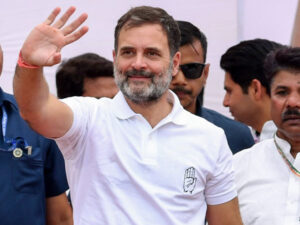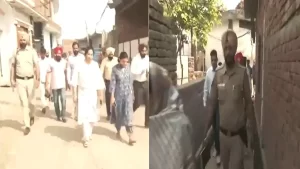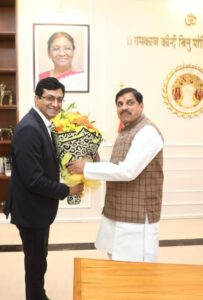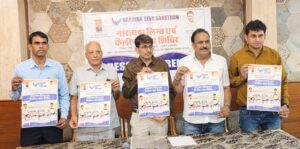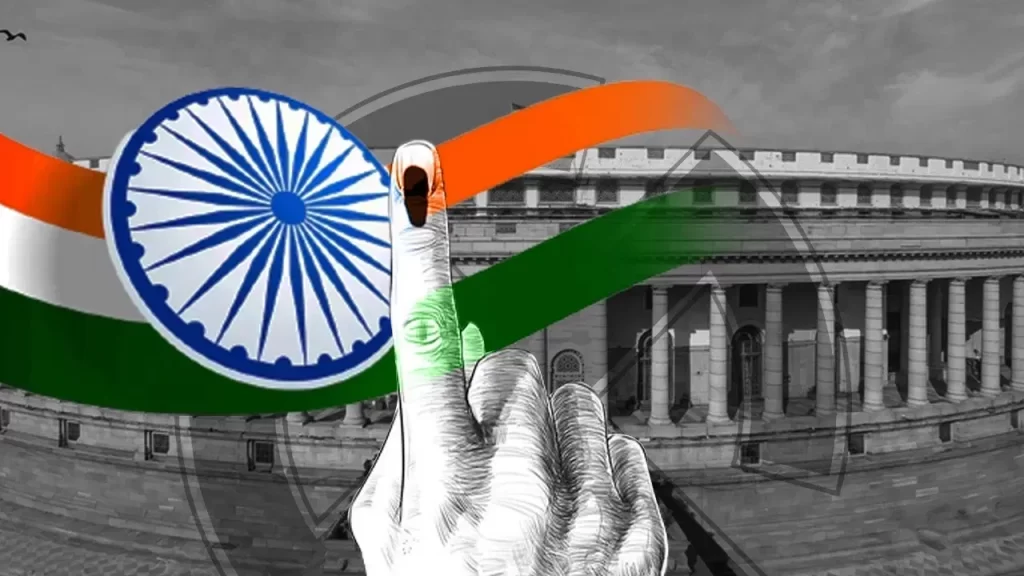
The central government has approved the proposal of ‘One Nation One Election‘. Its objective is to conduct simultaneous elections to the Lok Sabha, state assembly and local bodies. This proposal has been a part of the electoral reforms of the BJP for a long time. Now, the government will take steps to build a nationwide consensus on it so that it can be implemented in a phased manner.
The cabinet has endorsed the recommendations of a high-level committee chaired by former President Ram Nath Kovind, which has advocated for simultaneous elections. Information and Broadcasting Minister Ashwini Vaishnaw announced that an implementation group will be formed to advance these recommendations. Discussions are planned across the country in the coming months.
Railway Minister Ashwini Vaishnaw told the media that the ‘One Nation One Election’ scheme will be implemented in two phases. In the first phase, Lok Sabha and state assembly elections will be held simultaneously. After this, local body elections will be held in the second phase within 100 days.
The committee has proposed 18 amendments to the Constitution, most of which do not require state assembly approval. However, certain amendments, like the introduction of a Single Electoral Roll and Single Voter ID Card, will necessitate the consent of more than half of the states. Consequently, Constitution Amendment Bills will need to be passed in Parliament.
The demand for holding simultaneous elections has been a part of the BJP’s manifesto. Prime Minister Narendra Modi is a big supporter of this idea. Also, the Law Commission may also release a report soon, which will contain detailed information about this proposal. This will reduce election expenses. If this happens, more money can be spent on development related work.
Implementing ‘One Nation One Election’ will face several challenges. First, constitutional amendments are required. Second, the agreement of all state governments is necessary. Third, even with the necessary approvals, managing elections on such a large scale presents significant logistical challenges. Conducting simultaneous elections nationwide will also place considerable demands on the administrative system and the Election Commission.
The government believes that discussion and consensus is necessary on this issue at the national level. In the next few months, there will be detailed discussions on this so that the opinion of all the parties can be taken and it can be implemented successfully. Experts believe that this step of the central government can prove to be a major reform towards making the election process easier in the country.

